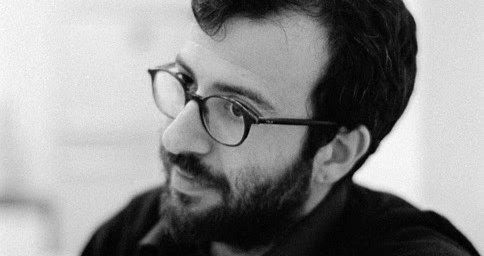
How do you think our understanding of the Left has changed today?
The coordinates of what it meant to be on the Left were much clearer in the past, including the 1960s. This common ground, which encompassed different militants and on which they could agree to disagree, became fractured in the late 1970s.
The militant religious politics that accompanied the Islamic revival are partly responsible for this fracture. The Iranian revolution, and its aftermath, divided those on the Left. Some members of the 1960s Left converted from Marxism to Khomeinist politics, while others opposed the Islamic revival from Leftwing and liberal positions.
The entanglement of the political in the sectarian, regional and ethnic webs of the social fabric, which the Lebanese civil wars clearly revealed, also dealt a severe blow to thick ideological politics, such as those of the Left.
The story of the Left’s trials is not an exclusively Arab one. In addition to religious revivals and communal politics, recent decades have also witnessed an expansion of the concept of the political to many fields – gender, race, environment, non-human species. Class no longer constitutes “the universal grammar of inequality” to borrow Sudipta Kaviraj’s turn of phrase.
What do you think your work adds to the scholarly landscape around this topic?
When I began working on the project, around 15 years ago in the wake of the 2003 US invasion of Iraq, it was the personal dimension that propelled the work. This book came after my MA thesis that examined the aesthetics and politics of Ziad Rahbani, the leftwing musician and playwright.
In a way, the book is the second installment of a wider project that examines the many relations that cultural productions, whether artistic or theoretical, entertain with politics. That said, the past few years witnessed an increased interest in revisiting leftwing history, both in academia and in the art world through films and exhibits.
The 1960s leftwing intellectuals thought across disciplines. They were not experts or specialised intellectuals, but revolutionaries who worked with whatever helped them understand their present and intervene in it. So, one thing I emphasise is the necessity of going beyond disciplinary boundaries and thinking across intellectual fields, areas of study and languages, so that we can unlock the richness of their experiences, render them and reflect on them.
I also wanted to tell the story of this generation and engage with their theoretical works, without sacrificing one for the other. I wanted to think about the question of conceptual production via its embodiment in the lives and experiences of these militant intellectuals.
How did events such as the 1948 Palestinian Nakba and the 1967 Arab-Israeli war influence this generation of intellectuals?
Some of these intellectuals saw, as children, the influx of Palestinian refugees to their hometowns in Lebanon. This is very important because for them, the question of Palestine was not an abstract, anti-imperialist or Arab cause. Palestine was very close geographically and the Nakba was a generationally constitutive experience.
During our interviews, some of them recalled how they volunteered with other children from their neighbourhoods to collect donations, goods and blankets for the dispossessed refugees.
The new Left that came into being in the 1960s was catalysed by the ‘defeat of the regimes’, as they called the 1967 Arab defeat. They saw it as their historical chance to take over the mantle of political struggle from the defeated and humiliated post-colonial regimes.
The defeat also catalysed the radicalisation of Arab nationalists into Marxists, which entailed the foundation of new political organisations constituted by former nationalists.
What could future projects based on this topic focus on?
This question brings us back full circle to the first one. I said earlier that part of the challenge was to assemble the archive before proceeding to examine it. With more and more works that both assemble and examine the archive of Arab Marxisms, one can adopt different reading strategies, and subject the archive to different questions.
Two such questions are gender – and patriarchy – and a history of militants from below. I sometimes ask myself what kind of critical work would be produced if one does not focus on intellectual men and their theoretical works like I did. If one focuses instead on the lives and works of women intellectuals, and dwells on the experiences of those who did not leave behind theoretical traces, then what would our account of the Left look like?
PrintTugrul Mende | Radio Free (2021-03-24T06:06:29+00:00) To understand the Middle East, we must look back at the 1960s Arab New Left. Retrieved from https://www.radiofree.org/2021/03/24/to-understand-the-middle-east-we-must-look-back-at-the-1960s-arab-new-left/
Please log in to upload a file.
There are no updates yet.
Click the Upload button above to add an update.